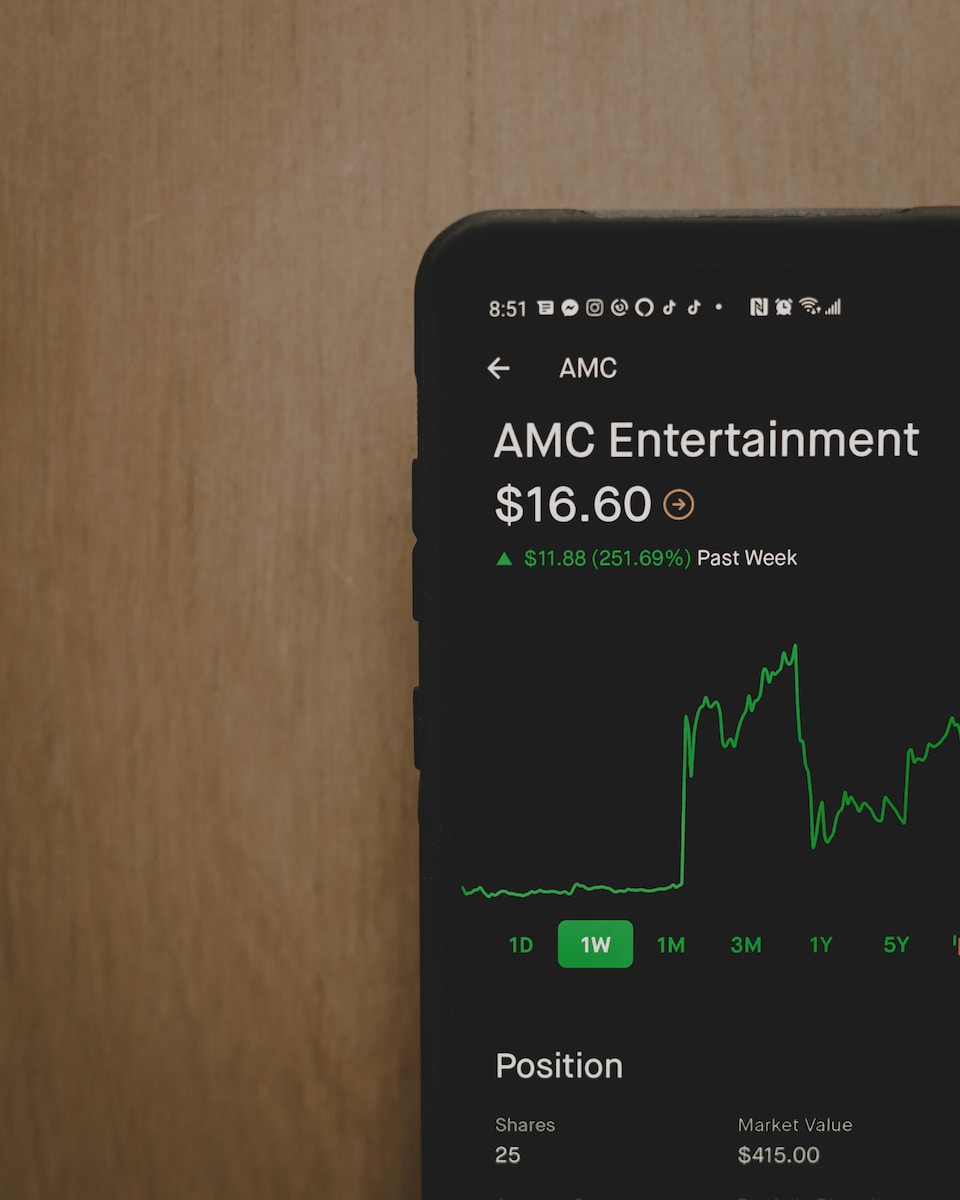Personal finance apps have gained significant popularity in recent years, offering users convenient ways to manage their money, track expenses, and set financial goals. However, with the increasing integration of technology into our financial lives, it is essential to consider the ethical dimensions of the features offered by these apps. In this article, we will explore the ethical considerations surrounding personal finance app features and discuss the potential benefits and drawbacks of these features for users.
Transparency in Data Collection and Privacy
One of the primary ethical concerns with personal finance apps is the collection and handling of user data. Many apps require users to provide personal and financial information, such as bank account details and transaction history, to offer personalized financial insights and recommendations. App developers must be transparent about how user data is collected, stored, and used. Users should have clear information on what data is being collected, who has access to it, and how it is protected. Additionally, personal finance apps should obtain informed consent from users before collecting and utilizing their data.
Transparency is essential not only for ethical reasons but also for building trust with users. When users understand how their data is being used, they can make informed decisions about whether or not to share their information. Personal finance apps should communicate their data collection and privacy practices through privacy policies and terms of service agreements. These documents should be easily accessible to users and written in clear and understandable language.
Moreover, personal finance apps should implement measures to protect user data from unauthorized access and data breaches. This includes utilizing encryption techniques, implementing strong access controls, and regularly updating security protocols. App developers should also conduct regular security audits and engage in ongoing monitoring to ensure that user data remains secure.
Security and Data Protection
Personal finance apps often deal with sensitive financial information, making data security and protection a top priority. App developers should implement robust security measures, such as encryption and multi-factor authentication, to protect user data from unauthorized access and data breaches. Regular security audits and updates are necessary to ensure the ongoing protection of user information. Moreover, personal finance apps should adhere to industry best practices and comply with relevant data protection regulations, such as the General Data Protection Regulation (GDPR).
In addition to technical security measures, personal finance apps should also prioritize user education about security and data protection. This includes providing information on best practices for creating strong passwords, avoiding phishing scams, and recognizing potential security threats. By empowering users with knowledge about data protection, personal finance apps can help users make informed decisions and take proactive steps to protect their financial information.
Financial Education and Empowerment
Ethical personal finance apps go beyond merely tracking expenses and providing financial insights. They also prioritize financial education and empowerment. These apps should strive to educate users about financial literacy, budgeting, and money management principles. By offering educational resources, tutorials, and interactive tools, personal finance apps can help users make informed financial decisions and improve their overall financial well-being.
Financial education within personal finance apps can take various forms. It can include articles, videos, and interactive modules that cover topics such as budgeting, saving, investing, and debt management. Personal finance apps can also provide calculators and tools that help users understand the impact of their financial decisions and plan for specific goals, such as buying a house or saving for retirement.
Furthermore, ethical personal finance apps should consider the needs of users from different backgrounds and financial situations. They should provide information and resources that are accessible and relevant to users with varying levels of financial knowledge and experience. This inclusivity can help bridge the financial literacy gap and empower users to take control of their finances.

Behavioral Economics and Nudging
Some personal finance apps incorporate behavioral economics principles and use “nudging” techniques to influence user behavior. For example, apps may use reminders and notifications to encourage users to save more or spend wisely. While nudging can be a powerful tool for promoting positive financial habits, app developers need to use this technique responsibly and ethically. Nudging should not exploit users’ vulnerabilities or manipulate them into making decisions that are not in their best interest. Developers should provide users with the ability to customize and control these nudges according to their preferences.
When implementing nudging techniques, personal finance apps should consider the ethical implications and potential unintended consequences. It is important to strike a balance between encouraging positive financial behavior and respecting users’ autonomy and decision-making. Personal finance apps should provide clear information about how nudges are implemented and allow users to opt out or customize their preferences. By giving users control over nudging features, personal finance apps can ensure that users feel empowered and not manipulated.
Inclusivity and Accessibility
Ethical personal finance apps should prioritize inclusivity and accessibility to ensure that their features are accessible to users from diverse backgrounds. This includes designing apps that are user-friendly for individuals with disabilities, providing multilingual support, and considering the needs of low-income individuals and underserved communities. App developers should aim to bridge the digital divide and ensure that all users can benefit from the features and functionalities offered by personal finance apps.
To promote inclusivity, personal finance apps should consider the accessibility guidelines outlined by organizations such as the Web Content Accessibility Guidelines (WCAG). These guidelines provide recommendations for making digital content accessible to individuals with disabilities, including considerations for visual impairments, hearing impairments, motor disabilities, and cognitive disabilities. By following these guidelines, personal finance apps can ensure that their features are usable and accessible to a wide range of users.
In addition to accessibility, personal finance apps should also consider the needs of low-income individuals and underserved communities. These users may have unique financial challenges and require tailored resources and support. Personal finance apps can address this by providing information on financial resources, assistance programs, and community organizations that can help individuals in need. By offering resources and support, personal finance apps can contribute to financial inclusion and empower users to improve their financial well-being.
Conclusion
As personal finance apps continue to play a significant role in managing our finances, it is important to consider the ethical dimensions of the features offered by these apps. Transparency in data collection and privacy, security and data protection, financial education and empowerment, responsible use of nudging techniques, and inclusivity and accessibility are key considerations for ethical personal finance app development. By prioritizing these ethical considerations, personal finance apps can provide users with valuable tools and resources while respecting their privacy, autonomy, and individual needs.

































